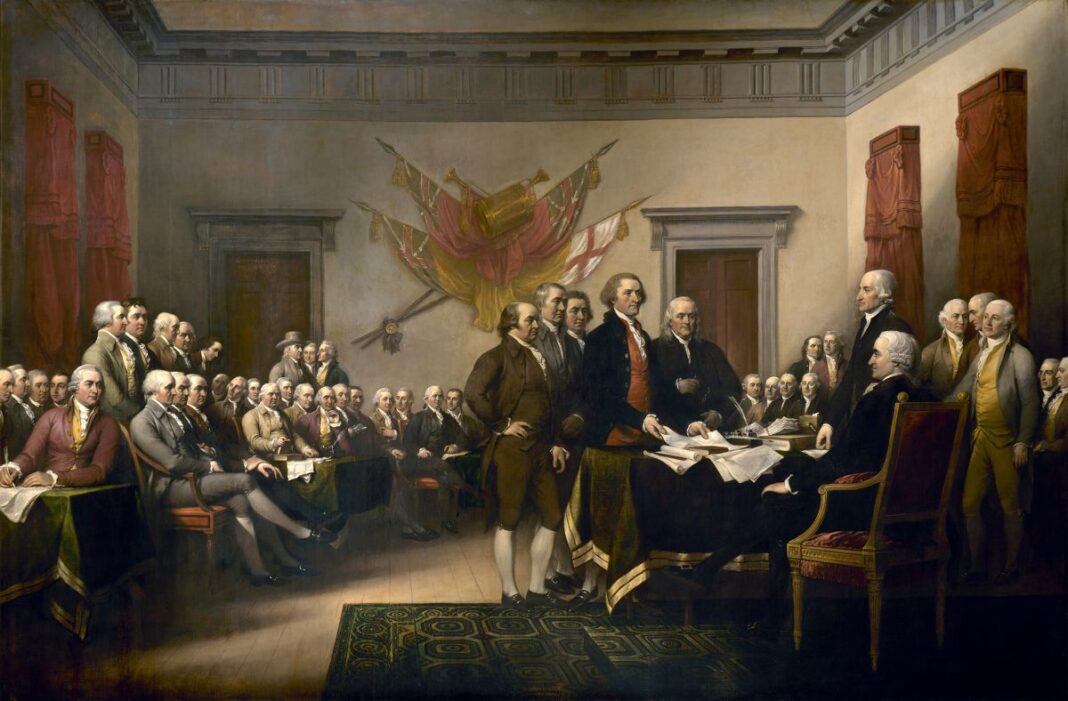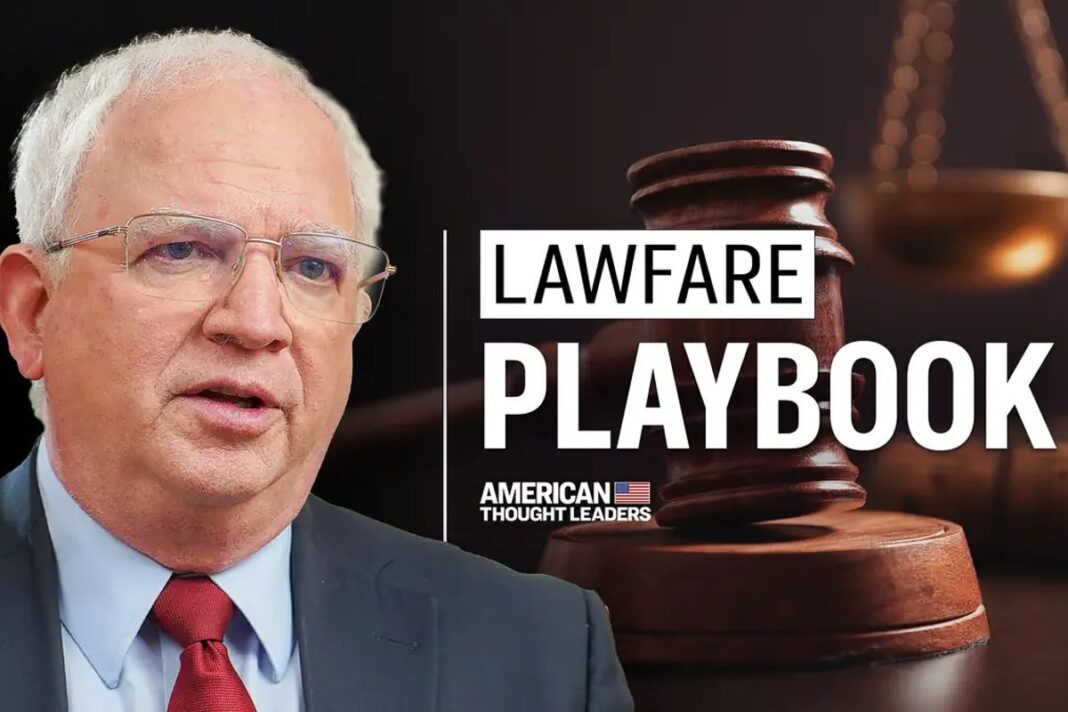A few months ago, I was in a small group for the young-adults Bible Study at my church. We were each asked to take a turn praying aloud. One young person’s prayer opened with “Jesus, thank you that we can meet here without having our doors kicked in.” That line has really stuck with me.
Although we talk about “freedom of religion”, we often think of it in a hazy sort of way. Probably not many of us have had legitimate cause to fear having our doors kicked in while worshipping in church. But it certainly gives us something to think about.
On July the fourth, we usually think about our freedoms in one big red-white-and-blue lump. We chant “USA!” and light firecrackers, but we’ve been brainwashed into thinking of this day as only a summer holiday which happens to land yearly on July the fourth. More intentionally, we could better call it “Independence Day” because of the connection to the Declaration of Independence.
We’re celebrating our nation’s 249th birthday this year, so rewind to the iconic date of July 4, 1776. It probably wasn’t as exciting of a day as it was seriously decisive. That evening, the group of mostly young men who’d gathered as a congress had reached the conclusion to separate themselves from England and form their own government. But this also meant that if they didn’t win the war, even if they were caught by the enemy, they’d be given the traitor treatment: hanged by the head till unconscious, then revived, disemboweled, beheaded, quartered, and boiled in oil.
But these men were serious about what they were doing. They wrote a line in the Declaration about their “sacred honor”. (A man’s honor in those days was revered. If it were questioned, a man would usually challenge the offender to a duel.)
To finish, they closed the document with an appeal to the “Supreme Judge of the world” for His aid and protection. Next, they abruptly said what must have come as a total shock to the world—they declared themselves free, adding that they were all throwing into the ring their “lives, fortunes, and sacred honor”.
This was a unanimous declaration. All thirteen states were in agreement. Can you picture the United States being this united today?
Imagine the rush of adrenaline these men must have felt as it came to their turn to sign. Yes, they knew it could turn out to be suicidal. Yes, they knew the distasteful penalty for “treason”. Can you imagine the fears of each of the wives of these men? Waking in the middle of the night, wondering if that noise that made her heart pound was soldiers of the Crown coming to take away her husband? Being frightened to appear in public and in the company of friends and relatives loyal to England?
Bad things might happen, and bad things did. Some of the signers saw their homes burned to the ground. Others were captured, or their sons captured, and killed by the enemy. But not one of them backed out of the pact they had made. They had offered their lives, fortunes, and sacred honor for the cause of building a new nation and securing valid, uncompromised freedom.
The first public reading of the Declaration of Independence was July 8, and people cheered, rang bells, and celebrated all night—much like what we do every year. We are, in a way, celebrating the sacred honor of those 56 men who signed the declaration. We’re celebrating what they made possible. Think about that as you watch the red, white, and blue fireworks light up the sky.








